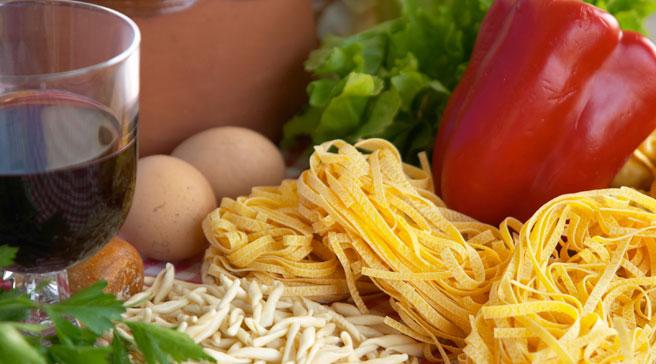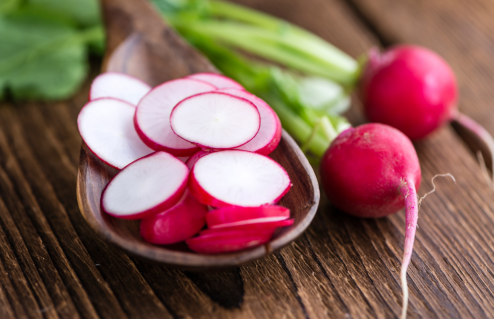Antacids or antipasto?
Adopting a different diet could have more health benefits than swallowing a handful of pills, says David Servan-Schreiber

When I was a young assistant professor in Pittsburgh, I often used to wake up in the middle of the night with heartburn. I mentioned it to a few colleagues, who were all surprised to hear that I didn’t take an indigestion pill every night — as they all did — to prevent acid build-up in the stomach.
At the time, there was an advertising campaign for a new fast food restaurant. The posters showed a thick, crusty slice of pizza, dripping with grilled cheese and topped with slabs of sausage, salami and ham, with the unbelievable slogan ‘The only thing that doesn’t come with it is the antacid’.
One of the most glaring defects of our health system is its tendency to treat physical symptoms — in this case heartburn — by prescribing drugs rather than recognising that our symptoms merely reflect our unhealthy lifestyles. A good GP will give his or her patients regular check-ups, measure blood pressure, glucose and insulin levels, cholesterol and triglyceride levels, as well as measuring weight and waistline — any significant increase in either is a clear indication of deterioration in the patient’s general health.
If any one of these tests shows an abnormal result, the doctor will, as a rule, prescribe the appropriate medicines: something to lower blood pressure, tablets to control hyperglycaemia, reduce cholesterol, or combat inflammation.
In Italy, in the early 2000s, a group of researchers from the University of Naples gave a powerful demonstration of an alternative. They chose 180 patients with typical Western lifestyle disorders such as weight problems, high blood pressure and high cholesterol. Half the patients followed a diet low in cholesterol. The other half ate a typical Mediterranean diet.
Two years later, the results were spectacular: patients following the Mediterranean diet showed improvement in every aspect of their health — without taking any medicine. Lower blood pressure, lower cholesterol, blood sugar levels close to normal, inflammation under control, and even an average weight loss of 8lb per person (compared with just 2lb in the other group).
No known drug could have made such a dramatic improvement in all these areas at once. But this unpatented miracle diet is the subject of little research and is rarely taught in medical school. Since I started to follow this diet myself, I have not needed to take a single tablet for heartburn.
Key aspects of the Mediterranean diet
• Use only olive and rapeseed oils.
• Eat chicken or fish five times a week (and cut down on red meat).
• Include lentils, chickpeas, rice and wholegrain cereals several times a week.
• Eat vegetables or salad with every lunch and supper.
• Eat at least one piece of fruit a day.
• Use herbs as a regular part of your dishes (garlic, onions, chives, rosemary, thyme, basil, etc).








